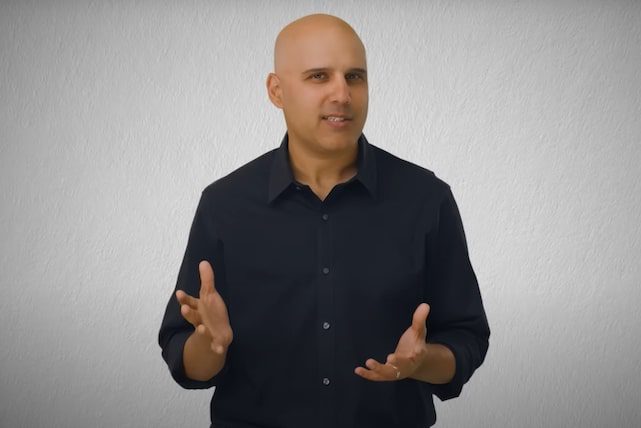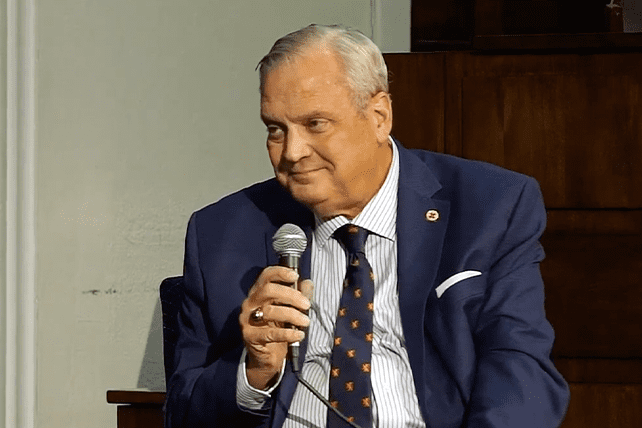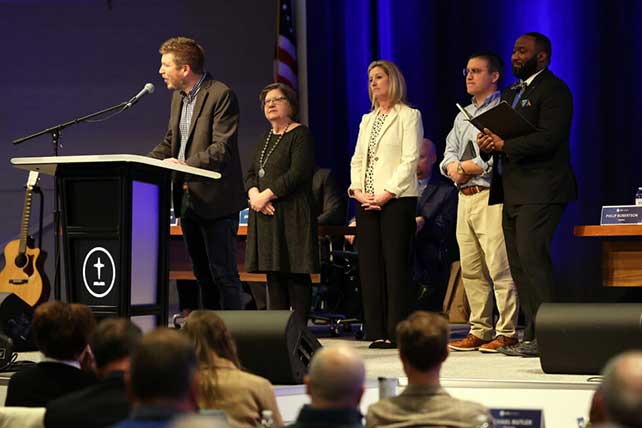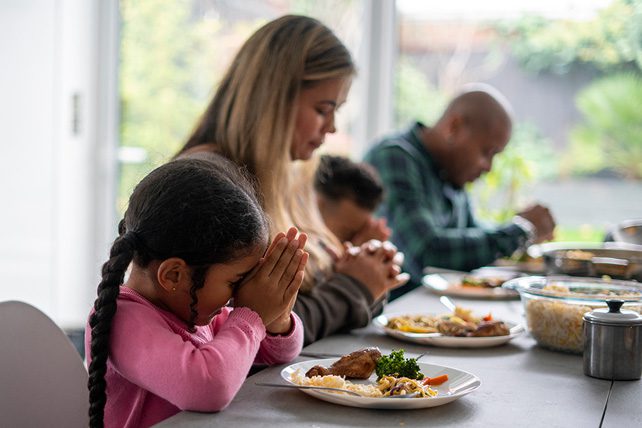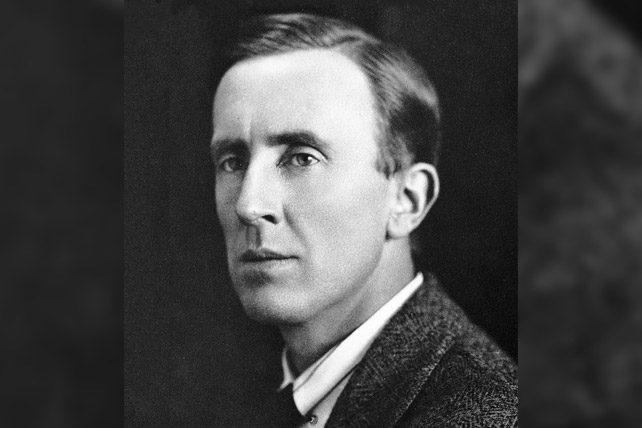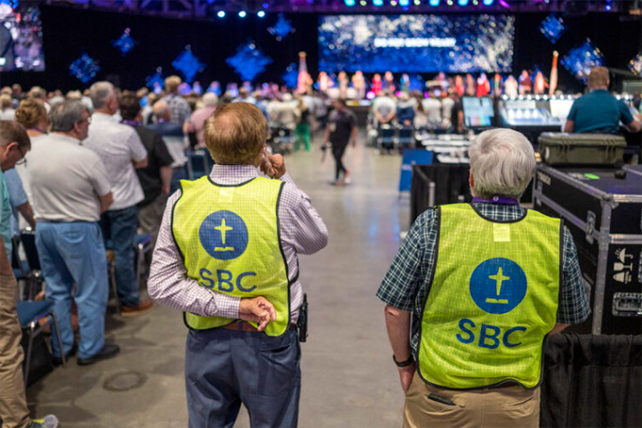When war breaks out in the world, many Christians wonder if it is a sign of the end times and if Jesus’ return is imminent. However, the idea of the rapture is not even in the Bible, says author, speaker, and “Holy Post” cohost Skye Jethani.
“People believe all kinds of things that aren’t actually in the Bible,” Jethani said in a video published Jan. 25. He gave as examples the ideas that the “forbidden fruit” in Genesis was an apple, that Jonah was swallowed by a whale, or that there were three wise men present at Jesus’ birth. “And the rapture?” said Jethani. “Well, that’s actually not in the Bible at all.”
Skye Jethani: We’ve Misunderstood Jesus’ Return
Skye Jethani, who has a Masters of Divinity degree from Trinity Evangelical Divinity School and who served as a pastor for eight years, specifically addressed the idea that at some point in the future, all believers in the world will vanish because they are “caught up into heaven with Jesus,” leaving unbelievers behind to “face the terrors of the Tribulation.”
RELATED: ‘Hatred of Jewish People’ Is a Sign of the End Times, Says Pastor Greg Laurie
This view of the end times, part of a framework known as dispensationalism, was depicted in the “Left Behind” books series and films. However, said Jethani, the rapture is not mentioned in the Book of Revelation, the primary (although not the only) text Christians refer to regarding what the Bible says about the end of the world. Revelation contains “not a word” on the subject.
Another passage relevant to end times discussions is Matthew 24, one of two texts “rapture advocates go to,” Jethani said. The chapter recounts Jesus explaining his return to his disciples, saying he will return suddenly while people are going about their daily lives. Verses 36-43 of that chapter say:
But about that day or hour no one knows, not even the angels in heaven, nor the Son, but only the Father. As it was in the days of Noah, so it will be at the coming of the Son of Man. For in the days before the flood, people were eating and drinking, marrying and giving in marriage, up to the day Noah entered the ark; and they knew nothing about what would happen until the flood came and took them all away. That is how it will be at the coming of the Son of Man. Two men will be in the field; one will be taken and the other left.
Two women will be grinding with a hand mill; one will be taken and the other left. Therefore keep watch, because you do not know on what day your Lord will come. But understand this: If the owner of the house had known at what time of night the thief was coming, he would have kept watch and would not have let his house be broken into.
The common understanding of those who believe in the rapture is that this passage is saying when Jesus returns, he will bring his followers to heaven, leaving unbelievers behind.
But this text compares Jesus’ return to the “days of Noah,” Jethani pointed out, and those who were “taken” in the days of Noah were destroyed in a flood while God saved those who were left. So the common view of what being “left behind” means is a misunderstanding.

